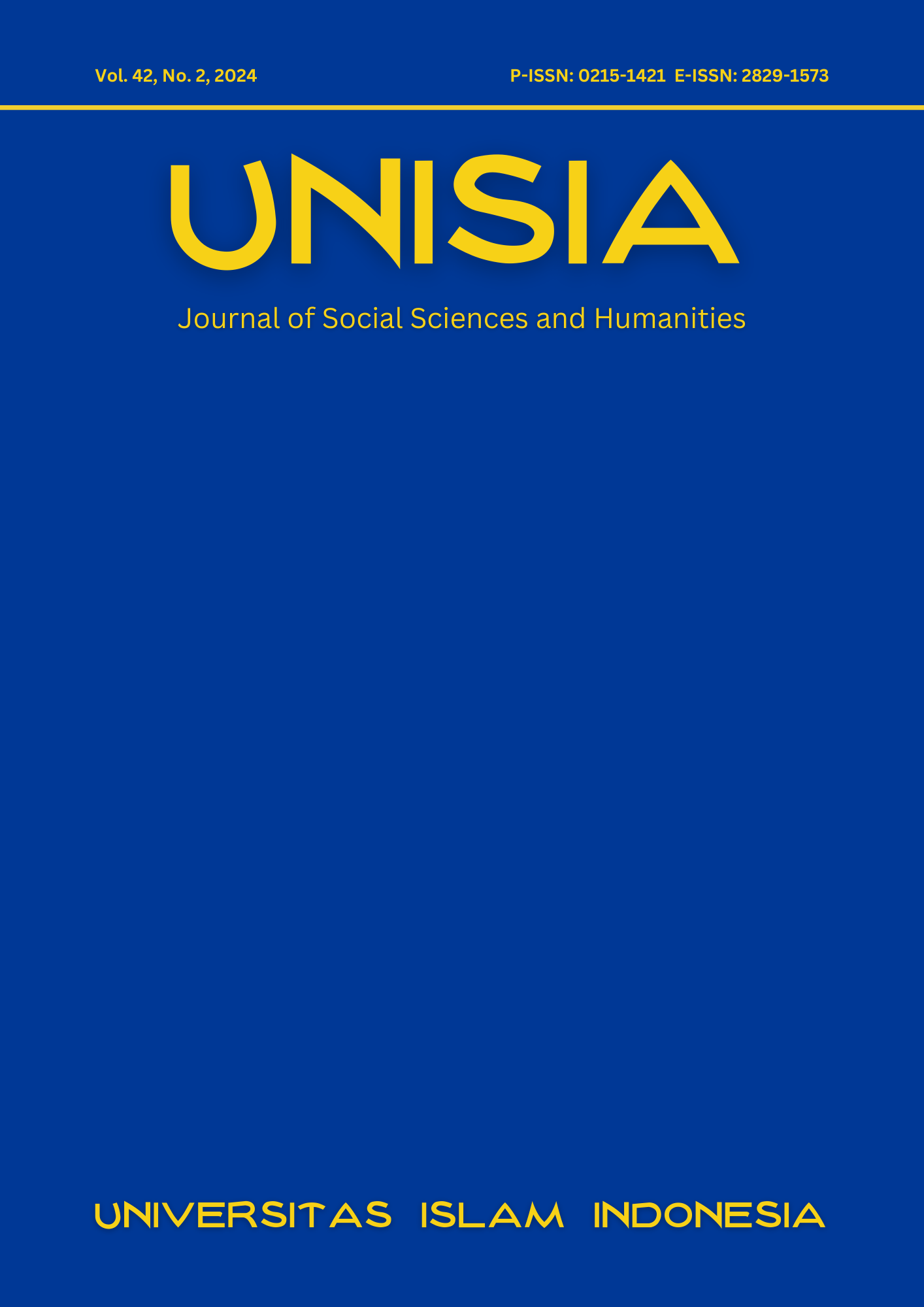Main Article Content
Abstract
Education for children with special needs is crucial to support their self-confidence in following an educational path according to their intellectual abilities. This research began with a problem found at SLB Negeri 1 Padang Panjang, where teachers were still using general textbooks to teach children with intellectual disabilities. In contrast, teachers should use specialized teaching guides for children with special needs. This study aims to explore Islamic Religious Education (PAI) for children with intellectual disabilities at SLB Negeri 1 Padang Panjang. The type of research used is descriptive qualitative research. This research was conducted at SLB Negeri 1 Padang Panjang, using data collection methods including observation, interviews, and documentation. The analysis technique used involves data reduction, data presentation, and conclusion. To ensure the validity of the data, perseverance and triangulation were employed. The research results show that Islamic religious education for children with intellectual disabilities at SLB Negeri 1 Padang Panjang is quite effective. Before conducting the lessons, teachers adjust the material to the students' abilities. The teaching methods the teachers use include lectures, question-and-answer, and practice exercises. The obstacles in the learning process include a lack of support from some parents. At the same time, the supporting factors are the guidance and good cooperation between most parents and the school.
Article Details
Copyright (c) 2024 Sri Intan Wahyuni, Devi Ramayanti, Zulfikri Zulfikri, Azmatul Khairiah Sari, Dennis Haruna

This work is licensed under a Creative Commons Attribution-ShareAlike 4.0 International License.
- Authors retain copyright and grant the journal right of first publication with the work simultaneously licensed under a Creative Commons Attribution License that allows others to share the work with an acknowledgement of the work's authorship and initial publication in this journal.
- Authors are able to enter into separate, additional contractual arrangements for the non-exclusive distribution of the journal's published version of the work (e.g., post it to an institutional repository or publish it in a book), with an acknowledgement of its initial publication in this journal.
- Authors are permitted and encouraged to post their work online (e.g., in institutional repositories or on their website) prior to and during the submission process, as it can lead to productive exchanges, as well as earlier and greater citation of published work.




